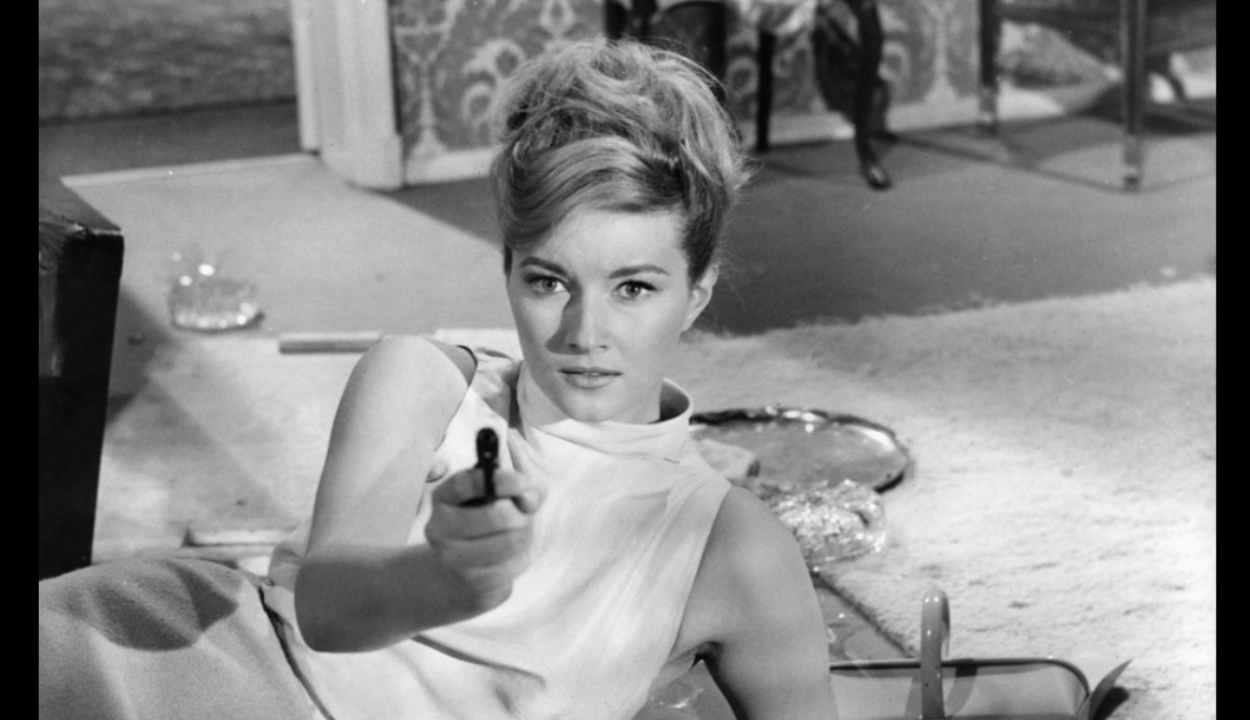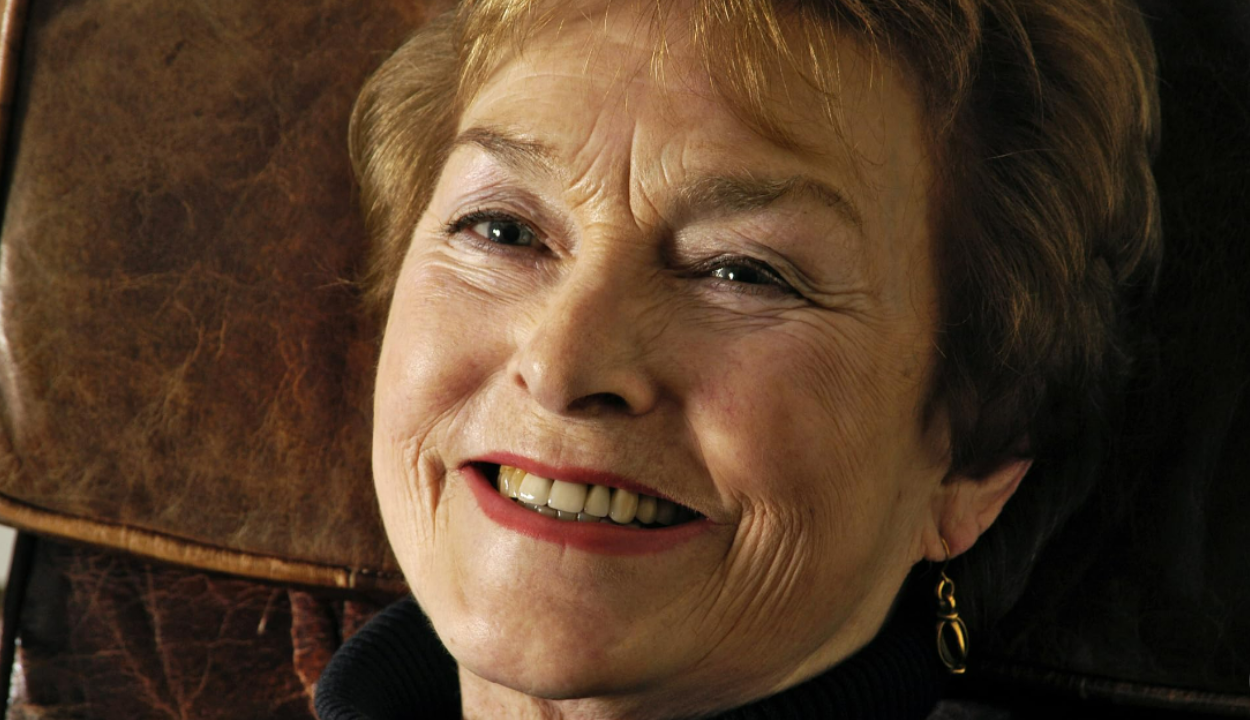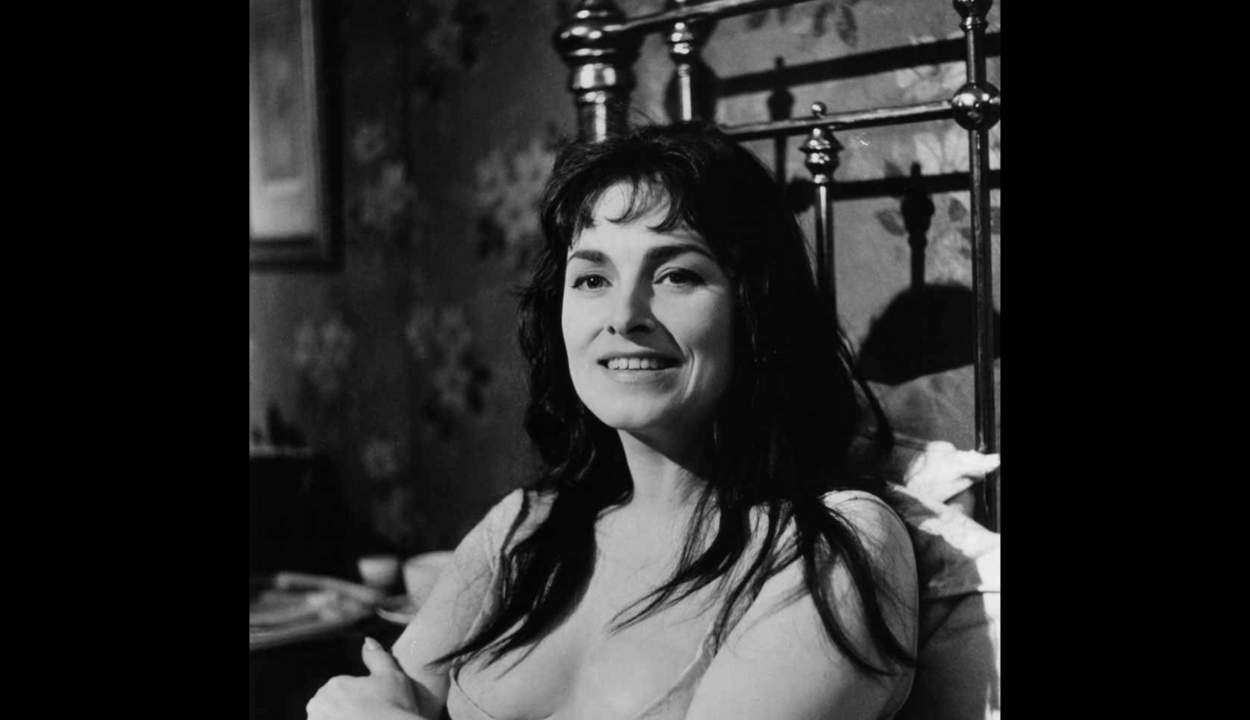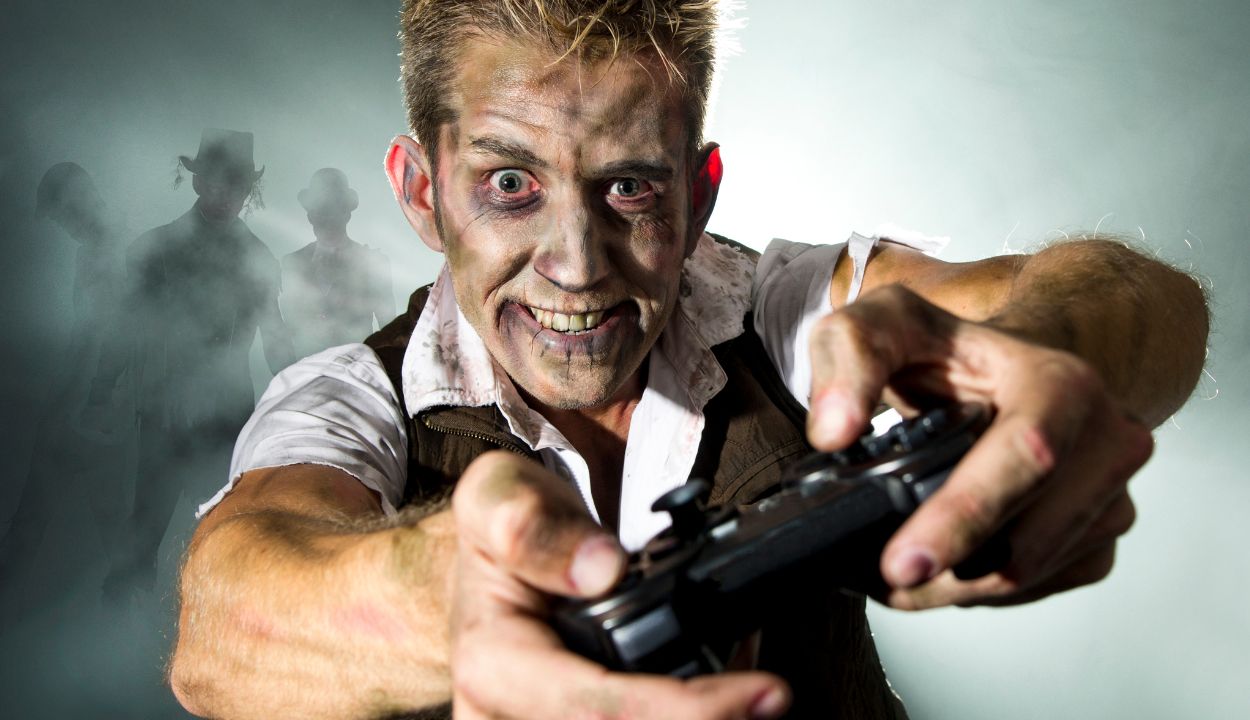James Bond’s effect on pop culture and the spy fiction genre is undeniable. Since 1962, the character has inspired countless films, novels, and television series, and his influence doesn’t seem to be waning.
One of the most integral aspects of the franchise is the “Bond girl.” As we explore her importance, we’ll also look at how Barbara Jefford was an unsung hero who provided a vocal clinic that contributed to the Bond film’s success.
The Allure of Bond Girls
A Bond girl, or woman, as some actresses prefer, is a complex character that has evolved over the years. It’s no surprise that in the beginning, she was merely a symbol of James Bond’s womanizing ways, often epitomizing the “damsel in distress” trope who was mainly there for her looks.
We won’t get into how bizarre some of their names were—that’s a different discussion for another day.
Thankfully, the allure has shifted. Though the actress is always good-looking, there’s more of a blend of beauty and brains, with a little brawn thrown in there as well. Beyond eye candy, the Bond girl may or may not be a love interest. In fact, she might surpass Bond in wit and skill.
She’ll generally embody sophistication and charisma, exuding confidence and a magnetic presence that captivates Bond and the audience. Allies or adversaries, Bond girls are important to the narrative, driving the plot with their unique stories.
Creating Character Through Voice

Voice overs and dubbing can be confusing terms because they seem similar at first glance, as a voice actress/actor must provide dialogue for a character. In the case of Barbara Jefford, she provided her voice to dub over the actual actresses’ performances, which is different from voice overs that we commonly hear in animated films, for example.
With regard to the Bond movies, there were multiple instances when the director wanted a particular vocal quality that the on-screen actress didn’t possess, like the need for a different accent or clearer articulation. This was the case for the first film, From Russia with Love (1963).
Daniela Bianchi was an Italian actress who took multiple English classes to prepare for the role. Ultimately, producers decided to go with Barbara Jefford’s voice instead.
Let’s be clear folks, it requires a great deal of skill to ensure that the voice matches the tone, pacing, and emotion of the scene. English actor, producer, and film director, Ralph Fiennes, also known as Lord Voldemort from the Happy Potter series, praised Jefford’s abilities.
He said, “You felt the room change when she was acting. Her vocal technique was almost alarming in its brilliance.”
The Vocal Chameleon
Jefford’s mastery in voice acting was apparent in her subtle nuances and inflections, which brought depth to the Bond girls she spoke for. She was very skilled at changing her voice and understanding how each character was supposed to feel while on-screen, so her performances were both authentic and compelling.
When you go back and listen to some of her voice work in different scenes throughout the movies, you can get an idea of how she was able to switch up her style depending on the character. Jefford would adapt her tone and accent to fit the distinct personalities and backgrounds of each one.
For Tatiana Romanova in From Russia with Love, she used a soft, seductive tone that sounded slightly vulnerable. Though it was somewhat similar, in Thunderball, dubbing for Molly Peters’ character, she maintained a more professional voice that was warm and inviting, reflective of the character’s role as a healthcare worker.
When she dubbed Caroline Munro’s character in The Spy Who Loved Me, her voice carried a confident and somewhat menacing edge, perfectly adjusting to the antagonist role.
Uncredited Yet Unforgettable

It wasn’t uncommon for actors and actresses not to get credit for their voice work back in the day, but it’s truly unfortunate that Barbara Jefford didn’t receive her flowers earlier in her career for her contributions to the Bond films.
If you do a bit of research, you’ll see plenty of information about the Bond girls and their performances, but even avid fans admit that it wasn’t widespread knowledge that you were never actually hearing some of those women speak.
It begs the question of who the credit should go to since the voice of the actress isn’t her own. That stirs the pot a little, but it’s a serious consideration. Do you get more praise for appearing on screen with a great visual performance while being beautiful or for actually delivering the lines in such a way that your character is memorable?
A Woman of Many Talents
Barbara Jefford’s vocal abilities were recognized even before she entered the professional theater scene. During her teenage years, she excelled in reciting poetry and garnered drama awards at festivals in the western region of England. A local newspaper described her as “a very talented elocutionist.”
Even when it came to her Bond girl performances, she was exceptional at learning on the fly. Upon her arrival to re-voice Daniela Bianchi’s character, she hadn’t familiarized herself with the film or the script. Describing her method as “instant acting,” she relied heavily on “meticulous” guidance for her line readings.
Barbara Jefford was an absolute legend on the British stage, known for her booming voice and undeniable presence that could fill any theater.
Leaving a Legacy
With a career spanning over six decades, she practically defined classical theater, especially with her standout performances at the Royal Shakespeare Company.
What made Jefford special was her ability to tackle any role thrown her way, whether it was a Shakespearean heroine or a character from a modern classic. Her outstanding portrayal of Molly Bloom in the film adaptation of James Joyce’s Ulysses even snagged her a BAFTA nomination.
Her talent didn’t go unnoticed either —s he was awarded an OBE for her immense contributions to theater (the youngest at that time, might we add!). And even as she gracefully aged, Jefford continued to mesmerize audiences, leaving behind a legacy of pure dramatic excellence.




